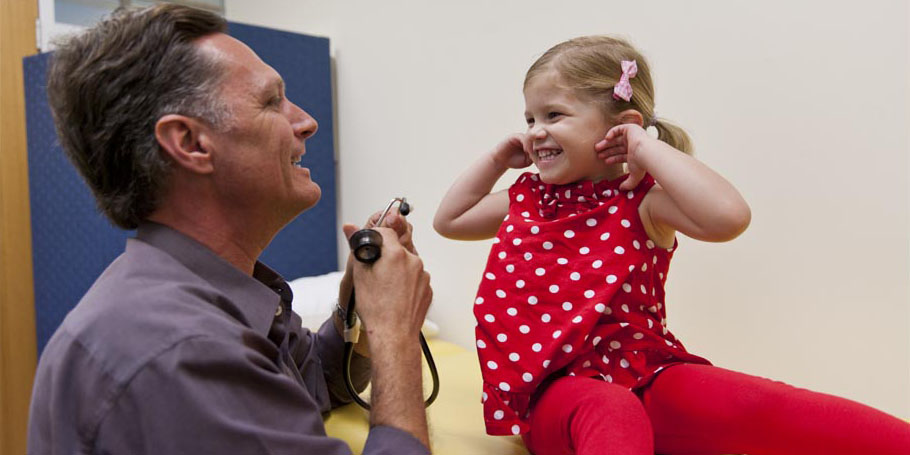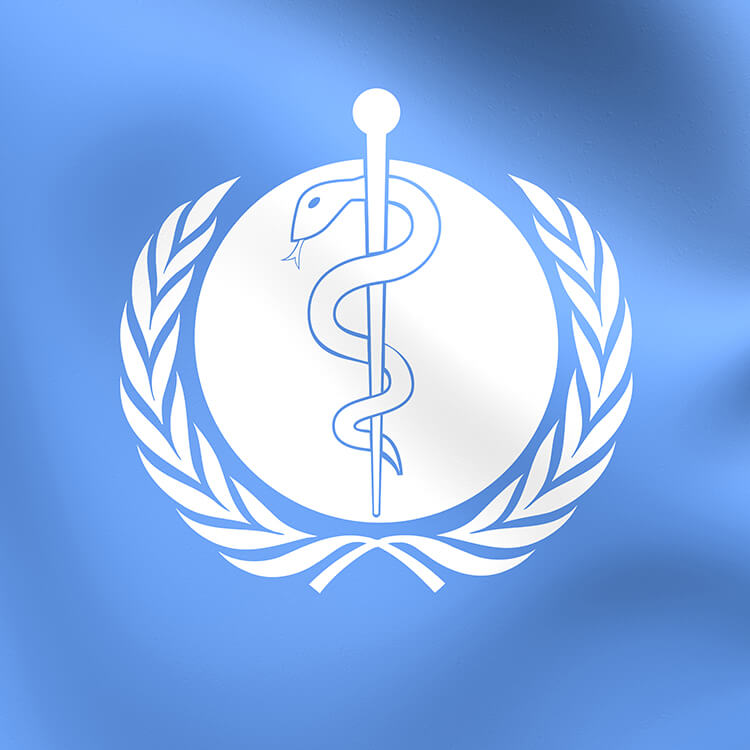Search
Research
Acute rheumatic fever and rheumatic heart disease: Incidence and progression in the Northern Territory of Australia 1997 to 2010The reduction in ARF recurrence indicates that the RHD control program has improved secondary prophylaxis; a decline in RHD incidence is expected to follow.
Research
Group A streptococcal vaccines: Paving a path for accelerated developmentVaccine prevention of GAS infections and their immunological complications has been a goal of researchers for decades.
Research
Progress toward a global Group A streptococcal vaccineThe desire for an effective vaccine arises from the large burden of disease caused by the bacterium, particularly rheumatic fever and rheumatic heart disease.
Research
The Australian guideline for prevention, diagnosis and management of acute rheumatic fever and rheumatic heart disease (2nd edition)Acute rheumatic fever (ARF) and rheumatic heart disease (RHD) occur at very high rates among Aboriginal and Torres Strait Islander people.
Research
Group A Streptococcal Diseases and Their Global BurdenWe review GAS transmission characteristics and prevention strategies, historical and geographical trends and report on the estimated global burden disease...
Research
A national prospective surveillance study of acute rheumatic fever in Australian childrenAcute rheumatic fever (ARF) is an important cause of heart disease in Indigenous people of northern and central Australia.
Research
Rheumatic Fever Follow-Up Study (RhFFUS) protocol: A cohort study investigating the significance of minorIn Australia, rheumatic heart disease (RHD) is almost exclusively restricted to Aboriginal Australian and Torres Strait Islander people with children being...
Research
The future of acute rheumatic fever and rheumatic heart disease in AustraliaGlobally, ARF and RHD cause more than a quarter of a million deaths and substantial disability each year.

News & Events
National honour for The Kids DirectorLeading paediatrician, infectious diseases specialist and Executive Director of The Kids Research Institute Australia, Professor Jonathan Carapetis, has been recognised for his significant contribution towards medical research with the award of Member of the Order of Australia (AM).

News & Events
Australia a key contributor to global commitment to end deadly rheumatic heart diseaseThe World Health Organisation resolution for global action to tackle rheumatic heart disease (RHD) will have significant implications for Australia, which has some of the highest rates of the disease in the world.
